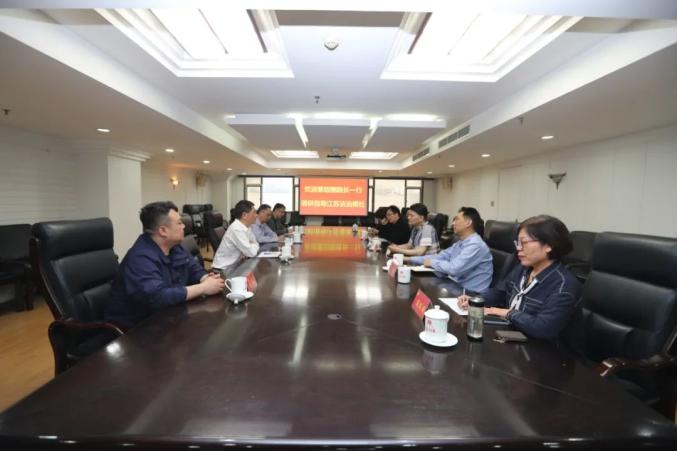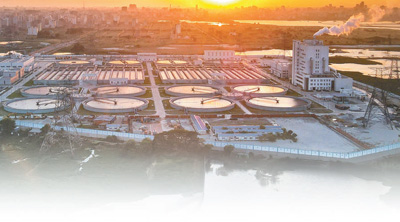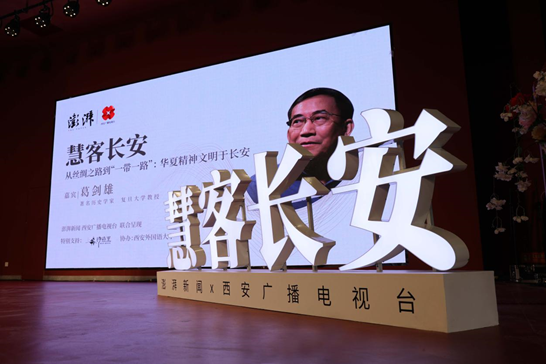The United States Is Rushing To Dig Out The "foot" Of China-Pakistan, Pakistan Makes A Sharp Turn
The United States Is Rushing To Dig Out The "foot" Of China-Pakistan, Pakistan Makes A Sharp Turn
The United States is poaching China and Pakistan
While getting 28 billion yuan in trade volume and 46 power stations from China, while secretly allowing American drones to enter the bases around Gwadar, Pakistan really thinks China has no choice?
The politicians in Islamabad are even better than the acrobats who step on steel wires. They hold China's economic and trade orders in their left hand, but quietly give the green light to the US drone in their right hand.
The arm of the Guadal Harbour is still roaring, but there is an invisible geopolitical drama hidden behind it. How clever is Pakistan playing this "balance technique"? Will it be better to play with fire and burn yourself?
If economic cooperation is a boiling hot pot, then the pot of China Railway Station is rich in ingredients and strong in flavor. Jinko Energy's photovoltaic panels and energy storage systems are transported into Pakistan one by one, and even the scorching sun in South Asia will be "compiled" by Tiger Neo components into electricity.
In the past two years, JinkoShare alone has sold 6.7GW of components, with a market share of up to 28%. In Pakistan's energy map, the "solar energy matrix" made in China has become a new landmark.
These cooperation is not a simple transaction relationship. Chinese companies package photovoltaics, energy storage, and ground power plants in one-stop, directly helping Pakistan rush towards green and low-carbon direction.
Pakistan's early realization of renewable energy goals in 2030 is no longer empty talk. In fact, Pakistan's economy was once stretched after the epidemic. It was China's capital and technology import that made the local infrastructure look brand new.
From Gwadar Port to the expressway, from international airports to oil and gas pipelines, which one is not a witness to the "China-Pakistan friendship"? This friendship is not as simple as saying it.
But behind the honeymoon period of the economy, another kind of footsteps can be heard vaguely. US officials are passing a $2 billion shale oil development agreement while wandering around Balochistan.
The US's abacus is not difficult to understand: using banknotes and drones as "steps" to take the opportunity to wedge a lever between China and Pakistan. You must know that Balochistan is the heart of the China-Pakistan Economic Corridor.
In the US's "aid" there are clauses that are deeper than oil wells. For example, Chinese companies are prohibited from participating in oilfield development within ten years, and even require the US military to station in the local area in the name of "facilities protection".
It seems like a blood transfusion, but it is actually digging a hole. Pakistan's "balance technique" is playing more and more like a torch dance walking on a tightrope. To say that China-Pakistan military cooperation is really not a "plastic brotherhood".
J-10CE, Pili-15, Hongqi-9B... These powerful weapons made in China have long become the "main magic weapon" of the Pakistan Air Force. Not long ago, the Indian drone had just crossed the border, and Pakistan immediately beat it back with the "Winglong-3" made in China, and held a special press conference to "show off the report card".
Under the South Asian skyline, the military ties between China and Pakistan have long been inseparable, but brothers are brothers, and no one can step on the bottom line. The core technology of the JF-11 fighter jet leaked to Turkey, and Beijing responded faster than the Cheetah. The engine supply was cut off within 72 hours, and 23 semi-finished products turned into scrap iron in the hangar.
Those "eagles" who once killed all over the country in the Indian-Pakistan air battle became lonely decorations overnight. China's attitude is very clear: they can share the fruits, but no one is allowed to steal the keys and open their own doors.
This reflects China's temperature-controlled cooperation with Pakistan. The support for the support is still supported, but the core technology is quietly locked. The J-10CE can be obtained, but the J-35A stealth aircraft cannot be touched; the air defense system can be purchased, but the core of the Rocket Force will always be "half of the country".
This strategy of giving and leaving both hands is not only a reminder to Pakistan, but also an oath to the outside world: China-Pakistan friendship is as stable as a rock, but it is never allowed to be used as an ATM to "get out of the way".
Military cooperation is important, but China values strategic initiative more. In the past, Pakistan's "change face" in international occasions faster than changing seasons. Sometimes it supports the United Nations' proposals on Xinjiang, and sometimes it shouts that China and Pakistan are "higher than mountains and deeper than seas."
This kind of fickleness will sooner or later make the patience of the big country. When the JF-10 engine is cut off and the missile is suspended, Pakistan realizes that sometimes, cutting off a few screws is more effective than slapping the table.
After all, nothing can be avoided by the Guadal Port, known as the "Pearl of the Indian Ocean". This place not only has the in-depth participation of Chinese companies, but also the first docking of Iranian oil tankers. In the future, there may even be an oil pipeline that travels through the Himalayas, sending the Middle East oil and gas into western China continuously.
For China, this is a trump card to solve the dilemma of Malacca; for Pakistan, it is the golden key to boost the economy and improve its status.
But this port is also the center of the storm. American drones came uninvited. North Waziristan's air raid alarm has not yet dissipated, but Pakistan acts like a "smile hidden knife".
He verbally agreed to China's cooperation, but behind the scenes, he signed an oil agreement with the United States, and even acquiesced to the US military entering the bases around Guadal on the grounds of "facilities protection".
IMF loans are boring, and fiscal credibility is shaking. Islamabad nodded and bowed to the United States, while also trying to "pull" from China. This kind of "good luck" game seems smart, but in fact it has no confidence.
In fact, the fate of Gwadar Port is no longer the final say of Pakistan. China's strategic countermeasures have been quietly implemented: the economic corridor is advancing as usual, but the threshold for military-industrial cooperation has been significantly raised.
Pakistan is still leveraging its strength to fight, but in fact it has been controlled by China's temperature and balance. In the short term, Pakistan may be able to gain some benefits from China and the United States, but this "balance technique" is like a pavilion in the desert. Once the foundation is loose, the whole market will lose.
The real game between a big country is not about who can get along with others, but who can defend the bottom line and control the initiative. Islamabad should understand that no matter how thin the steel wire is, it cannot withstand the heavy pressure of greed.








